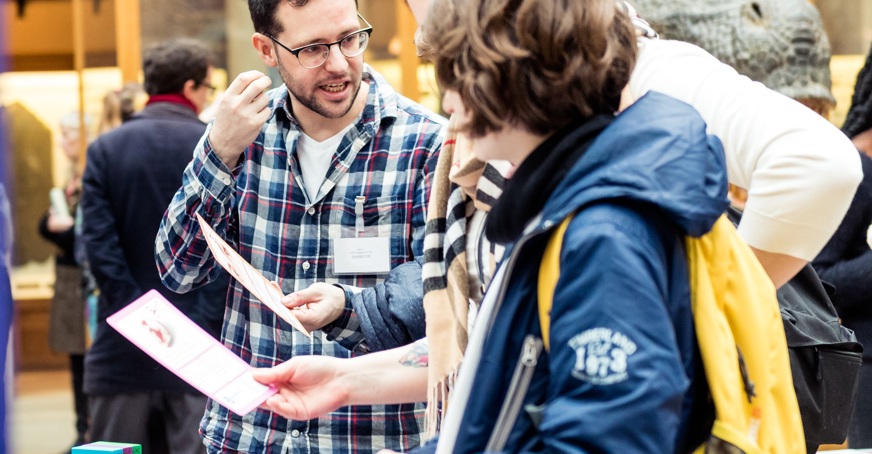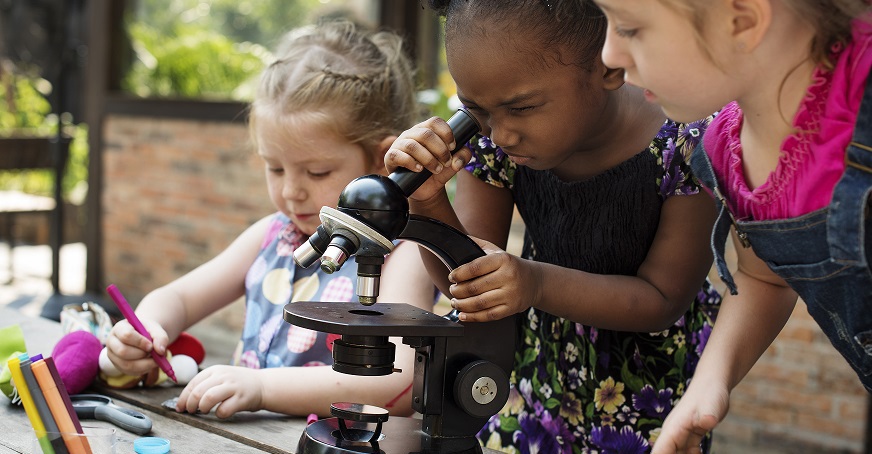
Science Communication Prize (1)
Each year, we look to identify and celebrate outstanding science communicators with an annual Science Communication Prize. We invite students to submit a written or media entry, which discusses a topic in the biosciences, aimed at the general public.
The competition
The Science Communication Prize will be open in two categories: one for written pieces and one for pieces in a media format (e.g. video or audio). Entries must be bioscience themed and aimed at the general public.
Each category (written and media) will be judged in two educational stage groups:
- A-level/T-level/BTEC National/Scottish Highers or equivalent students.
- BTEC Higher National, foundation, undergraduate and postgraduate students.
Recent graduates (graduated in 2023) can still enter. The educational stage of the entrants will be taken into consideration when judging the submissions.
There will be a prize for 1st, 2nd and 3rd place in each category and educational stage group.
The winning entries in the written category will be published in the Society’s magazine, The Biochemist, and both written and media entries will be published on the Society’s website.
Take a look at last year's winners below for inspiration!
The competition will be open in June 2023.
Please note: winning entrants who are under 18 must have consent from a parent or guardian for their work to be published.
Criteria and Guidance
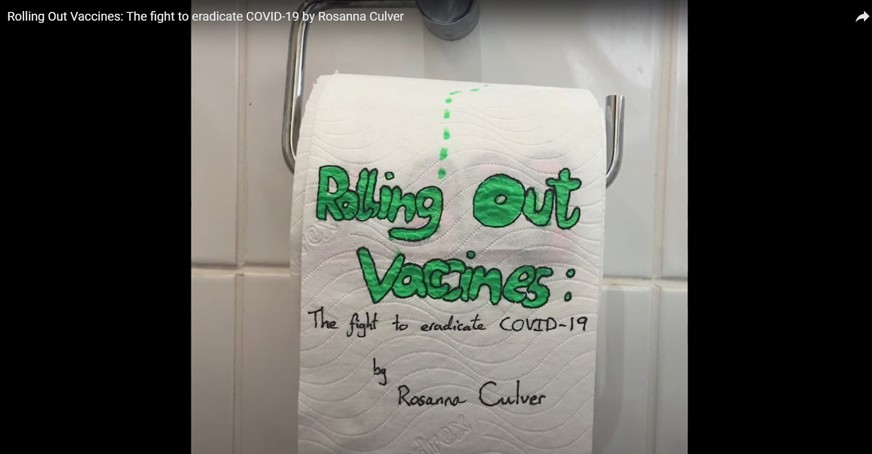
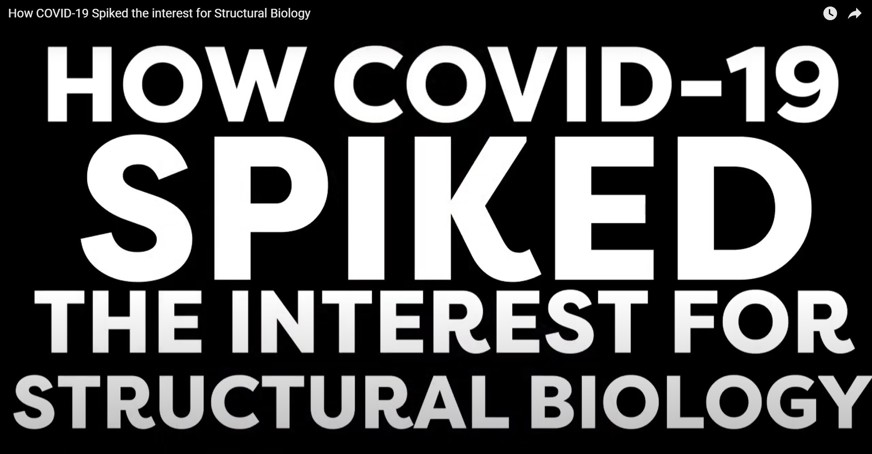
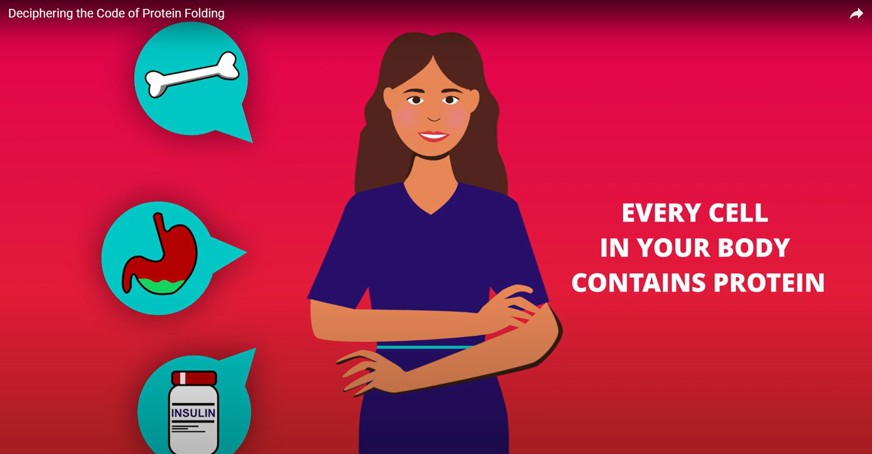
“By entering this competition, I was able to help bridge complicated vaccinology concepts to the general public. This project not only allowed fun engagement with science communication, but also helped me refresh my epidemiology knowledge for my upcoming dissertation on eradicating infectious diseases.
“

Biomedical Sciences undergraduate student

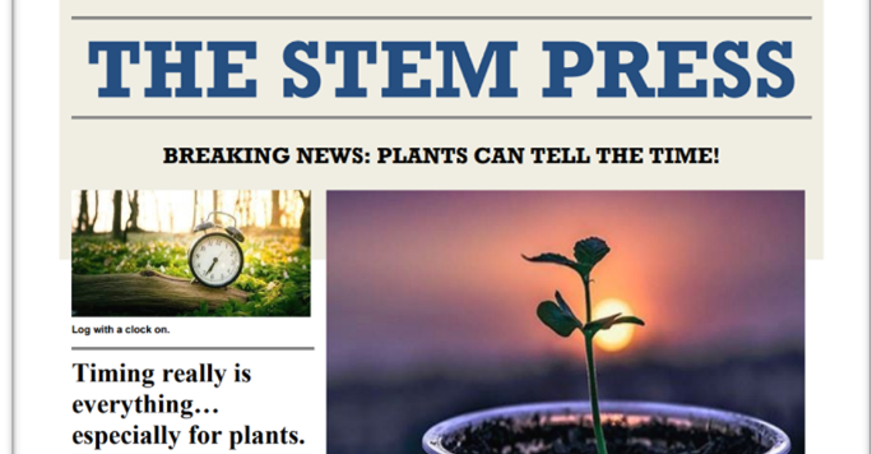

“I would like to provide new insights into this topic addressed to general public, mainly to the sufferers and their close-ones, to help them understand this issue. I hope that my article could encourage them to seek help because anorexia nervosa is a life-threatening disease.
“
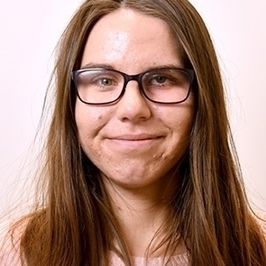
PhD student in Organic Chemistry

